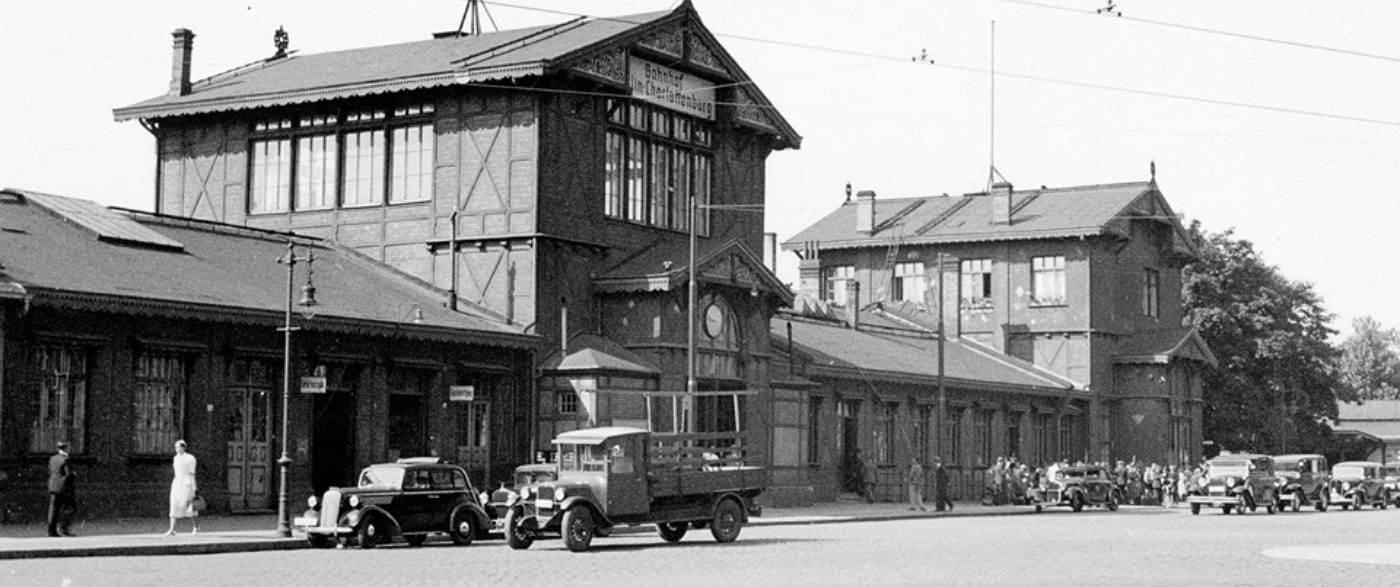The Kindertransport: History Informing the Future

Researcher
Dr Andrea Hammel
The Overview
The historical event of the Kindertransport 1938 - 1939 to the UK has received increasing public attention over the years. Dr Andrea Hammel’s research corrects the myths that surround the Kindertransport, and the simplistic celebratory narratives that are often used by politicians and in the media. Providing a historically accurate account of the complexity of the Kindertransport by exploring under-researched areas, such as the diverse traumas the child refugees experienced and the ways these were mitigated, allows the public to gain a better understanding of historic child refugees and, in turn, allows for informed connections with the situation of present-day child refugees in the UK. It also enables policy makers to learn and encourage strategies and infrastructure for resilience.
The Research
When the plight of an increasing number of people seeking refuge in Europe came to public attention in the UK in 2015, the Kindertransport was often cited as a shining example of the UK’s past humanitarian attitude towards those fleeing persecution. Dr Hammel’s research challenges this view. In her work she discusses the trauma the Kindertransportees suffered and critiques the overly celebratory narratives of the past. More specifically, she explores:
- How the Kindertransport was only partially supported by the British Government; most financial and practical support was provided by private individuals and charities.
- How it was not solely an English phenomenon. Kindertransportees also settled in Scotland, Wales and Northern Ireland and this influenced their sense of identity and belonging.
- How the paucity of research on the children’s birth families has contributed to distorting views of the Kindertransport.
- How pre- and post-migration persecution, separation from parents and other family members, ill-prepared fostering placements, discrimination (and in some cases abuse), had a negative effect on the child refugees’ mental and physical health. Adapting, coping and resilience were fostered by encouraging relationships with other refugees, a sense of belonging and purpose in the UK, and enabling the child refugees to make connections and communicate about their lives pre- and post-migration.
Providing a historically accurate account of the complexity of the Kindertransport by exploring under-researched areas, such as the diverse traumas the child refugees experienced and the ways these were mitigated, allows the public to gain a better understanding of historic child refugees and, in turn, allows for informed connections with the situation of present-day child refugees in the UK.
The Impact
Informing Public Understanding
Stimulating and Informing Policy Debate

Get in touch
As a University, we’re always keen to share our knowledge and expertise more widely for the benefit of society. If you’d like to find out more or explore how you can collaborate with our researchers, get in touch with our dedicated team of staff in the Department of Research, Business and Innovation. We’d love to hear from you. Just drop an e-mail to:
Research Impact Case Studies | Research Theme: Society
